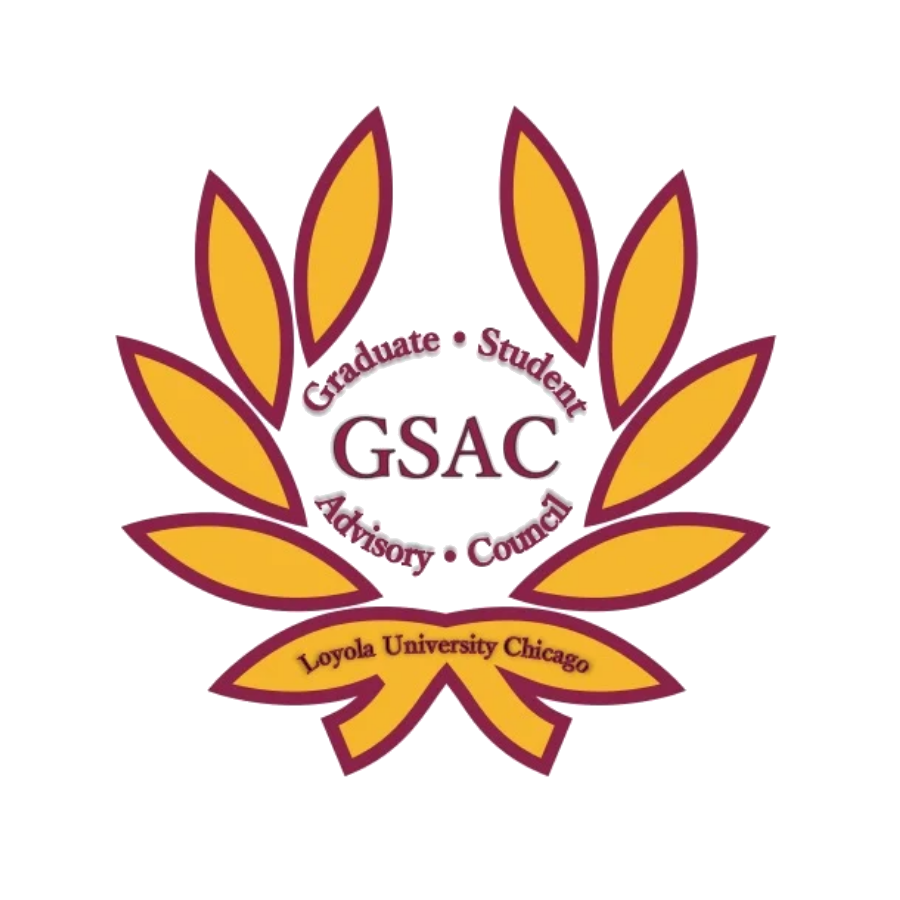Loading...
Submission Type
Oral/Paper Presentation
Degree Type
PhD
Discipline
Social Sciences
Department
Psychology
Access Type
Open Access
Abstract or Description
Misgendering, the act of incorrectly labeling an individual’s gender, is a common minority stressor for transgender people and one of the most frequent forms of workplace discrimination. Past research has shown that transgender applicants are discriminated against in the hiring process, but no research to date has examined the effects of addressing misgendering in this context. This study examined perceptions of an applicant with either a feminine or masculine voice correcting an interviewer on the opposite binary pronoun (he/she), a gender-neutral pronoun (they), or the pronunciation of their name. Contrary to hypotheses, LUC undergraduate participants (N = 290) tended to have more positive perceptions of pronoun correctors, particularly for warmth and professionalism ratings, suggesting this population has norms of respecting the importance of pronouns. Future research will unpack these effects in other populations and contexts to understand the interactional process of addressing misgendering.
Creative Commons License

This work is licensed under a Creative Commons Attribution-Noncommercial-No Derivative Works 3.0 License.
Observer Reactions to Pronoun Corrections
Misgendering, the act of incorrectly labeling an individual’s gender, is a common minority stressor for transgender people and one of the most frequent forms of workplace discrimination. Past research has shown that transgender applicants are discriminated against in the hiring process, but no research to date has examined the effects of addressing misgendering in this context. This study examined perceptions of an applicant with either a feminine or masculine voice correcting an interviewer on the opposite binary pronoun (he/she), a gender-neutral pronoun (they), or the pronunciation of their name. Contrary to hypotheses, LUC undergraduate participants (N = 290) tended to have more positive perceptions of pronoun correctors, particularly for warmth and professionalism ratings, suggesting this population has norms of respecting the importance of pronouns. Future research will unpack these effects in other populations and contexts to understand the interactional process of addressing misgendering.



